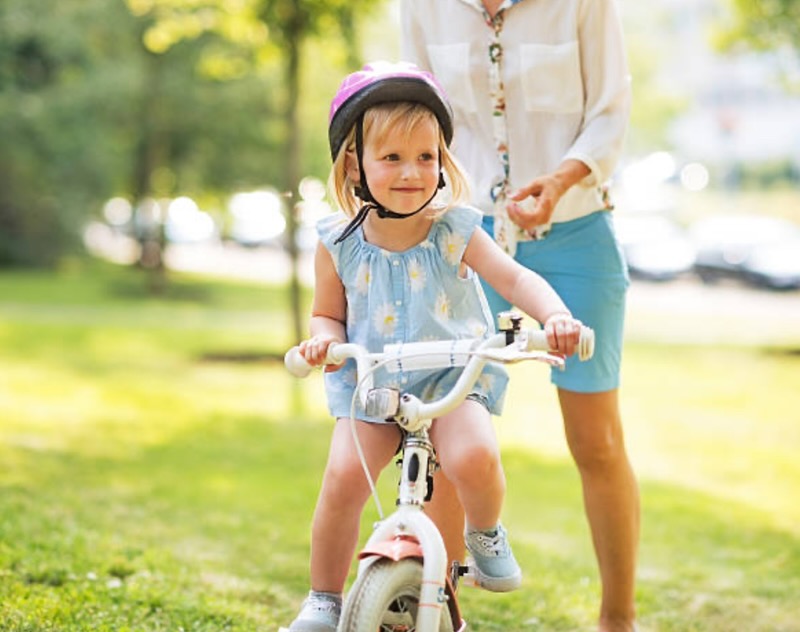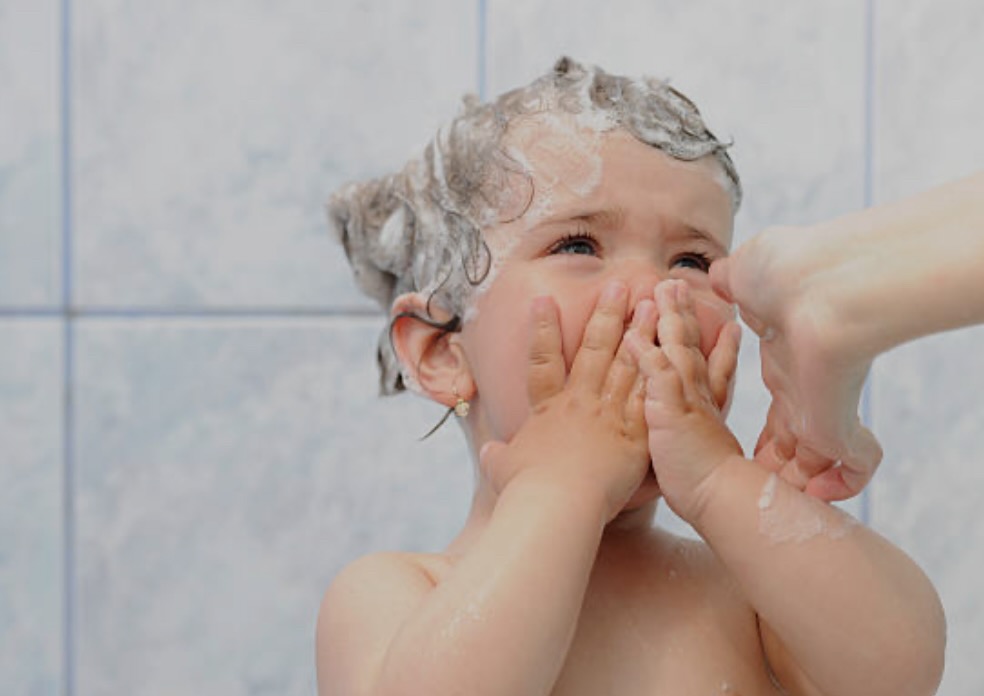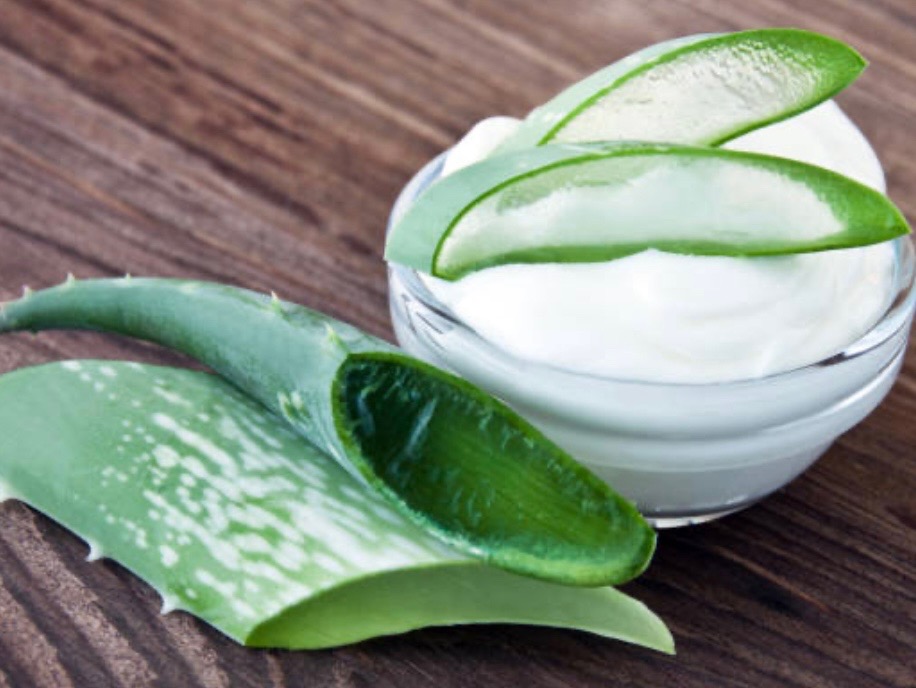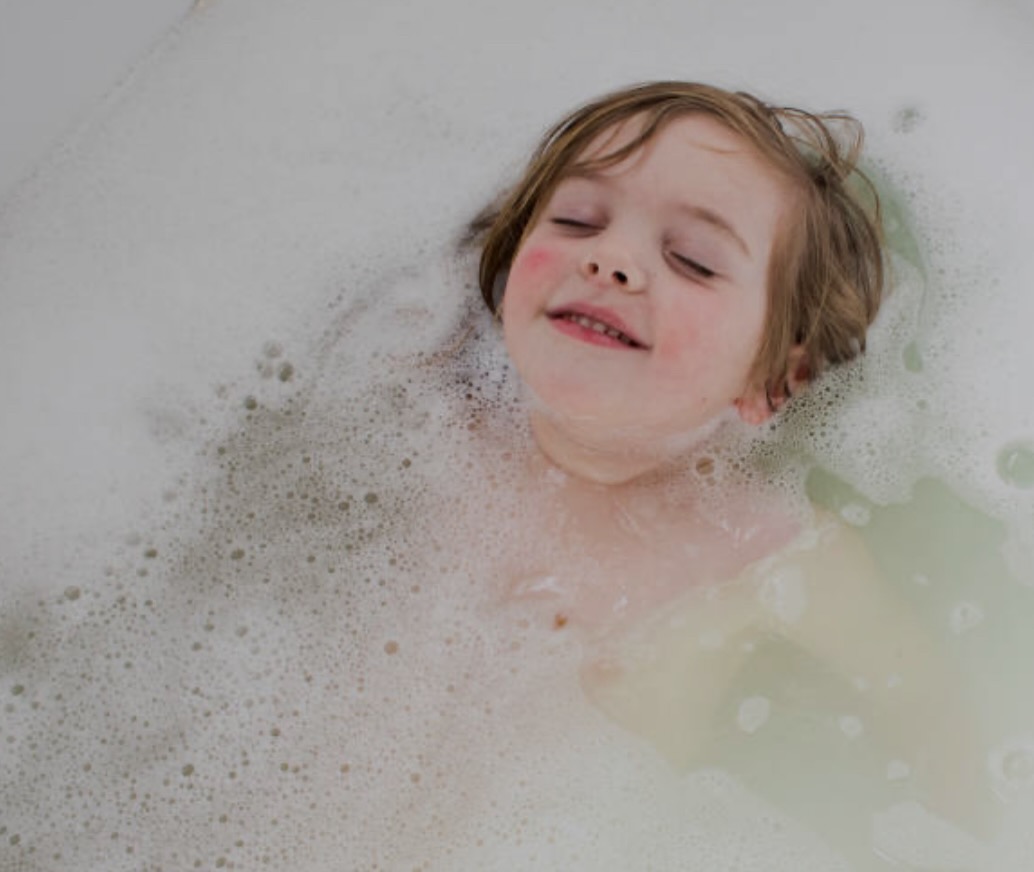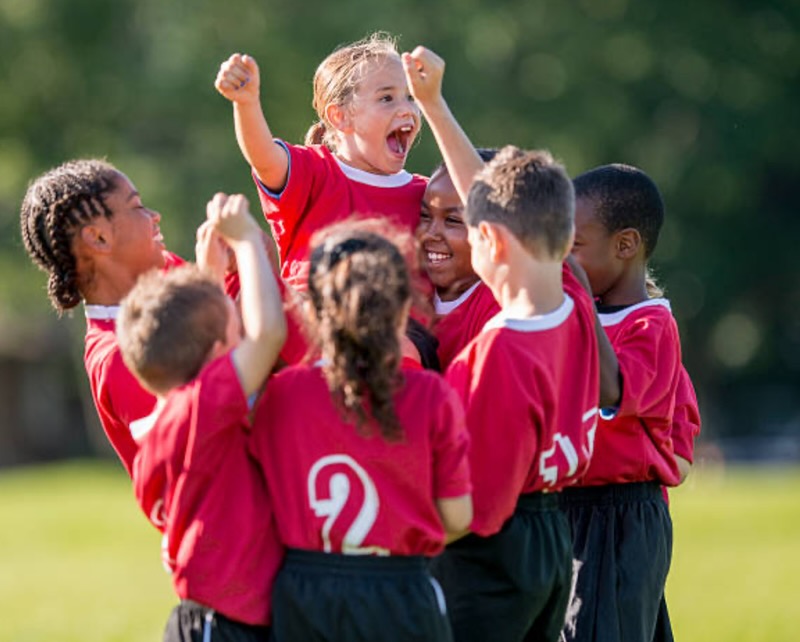Nothing beats watching your kids run, jump, and laugh during outdoor play! Whether they’re chasing bubbles in the backyard, splashing at the pool, or exploring a park, outdoor time is great for their health and happiness. But kids’ delicate skin needs extra care to stay safe from the sun, bugs, and scrapes. As a parent, you want to keep their skin soft and healthy while they enjoy their adventures.

Why Kid’s Skin Needs Extra Care
The skin on children is thinner and more sensitive. Because of this, it is at greater risk for burning, drying out, and discomfort, mainly when playing outside. Some studies report that more than a fifth of a person’s sun exposure happens by age 18 so protecting your young ones early on will help them in the future.
Mild sunburn hurts and causes skin to blister.
Heat & Dehydration: The sun causes the skin to lose moisture more quickly and this may result in dry and itchy skin.
To protect children against the dangerous UV rays that may result in sunburn and destruction of the skin in the long run, sunscreen is very necessary. La Roche-Posay Anthelios Kids SPF 50: Gentle, non-sticky, and dermatologist-tested and its my personal choice.
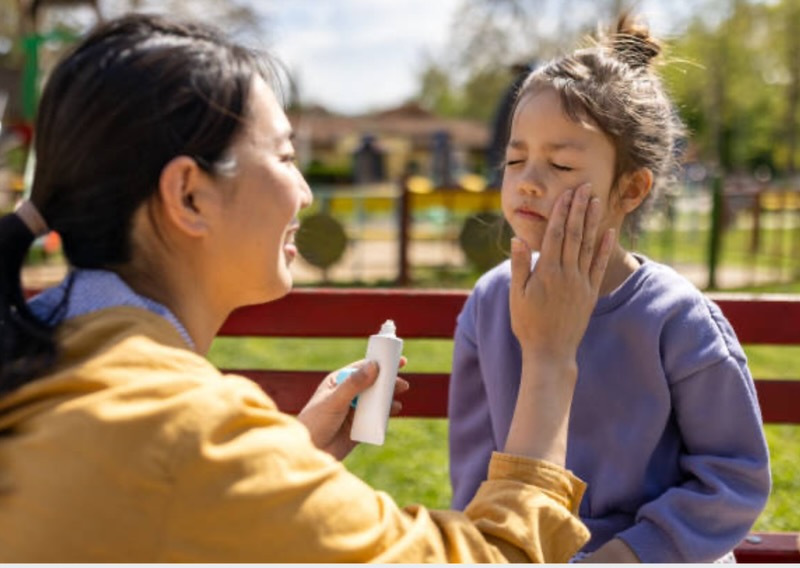
Clothing is a great defense against the sun and scrapes. find light-weight, long-sleeved shirts, pants or swim suits with UPF (Ultraviolet Protection Factor) to further protect against the sun. Wide-brimmed hats and UV-filtering sunglasses are used to cover the face and the eyes.
Select a face covering hat that covers neck and ears. The sunglasses should be UV one hundred percent.
Kids can get irritated on their skin by dirt, sweats when having fun outside or playing games. Washing and applying moisturizer later will avoid dryness and rashes. Researchers have determined that frequent moisturizing decreases irritation in children who are exposed to outdoor factors like sun, wind, and cold in a 2019 study published in Dermatologic Clinics.
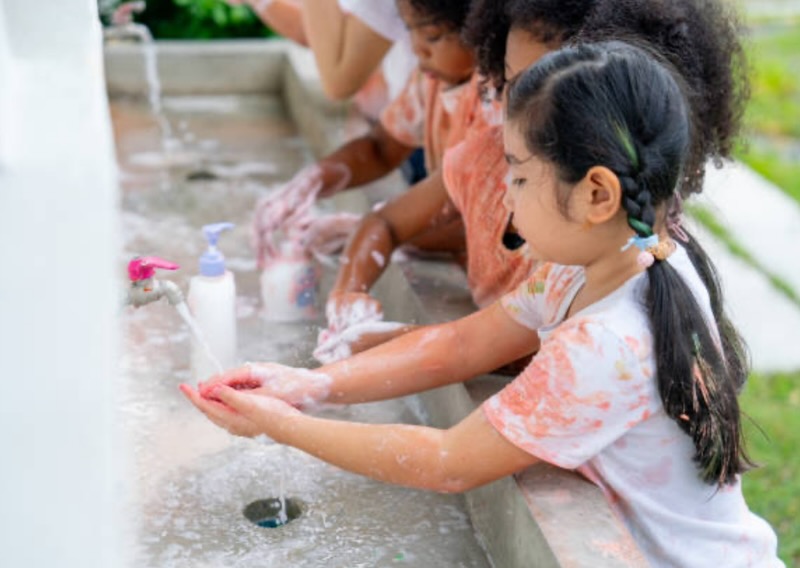
In the case of babies and toddlers wearing diapers, outdoor activities may cause a diaper rash, particularly during hot weather when sweat and moisture are unable to escape. Journal of Pediatric Dermatology (2018) suggests using barrier creams to avoid rash in the case of active play. Change diapers: every 2-3 hours; or following a bowel movement. Put on a thin film of rash cream with every change to form a protective barrier
When playing outside Mosquito or tick bite can itch and annoy, and the scratching may bring about infections. Try repellent after sunscreen, not mixed together. AAP recommends insect repellents containing 10-30 percent DEET to be used on children above 2 months of age, however, it is advisable to consult a pediatrician in the case of babies.
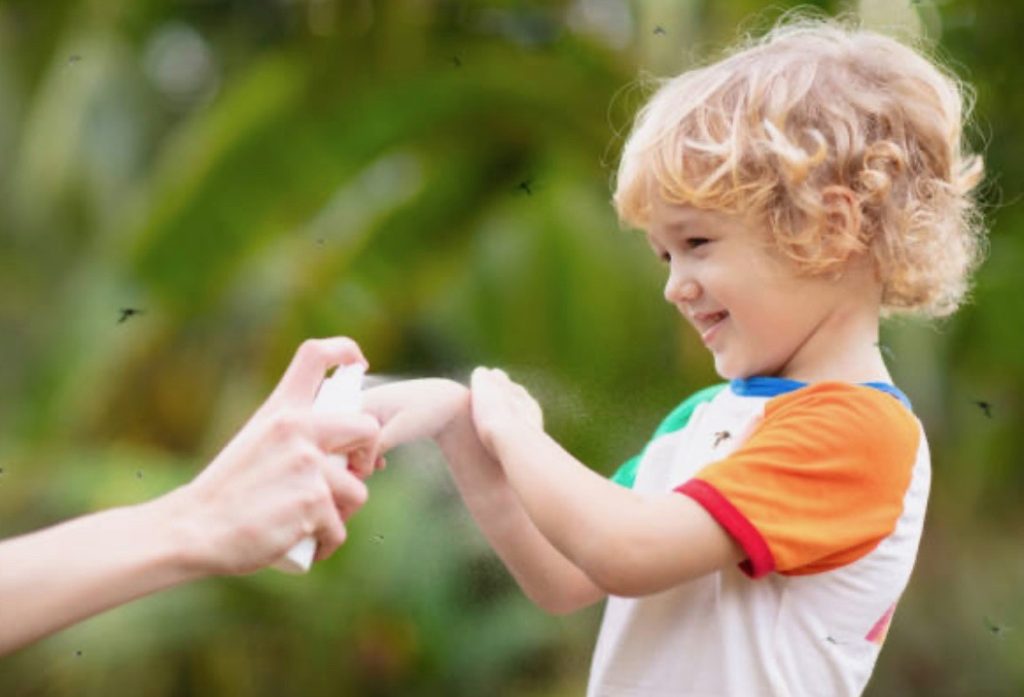
Handle Scrapes and Cuts Right Away During Outdoor Play
I often take my two kids to the park nearby, where they love playing on the playground. One time, my older child tripped while running on the grass and scraped their knee. It wasn’t a big deal, but I totally freaked out for a second, and tears started to form in my eyes. Thankfully, I had water to clean the scrape and a Band-Aid with me. This little incident was a good reminder that it’s always smart to have a first aid kit on hand whenever we head to the park or anywhere else.
It’s part of the fun, but having a few basic first aid supplies and knowing how to handle minor scrapes can prevent infection, soothe nerves, and get children back to playtime faster.
Dr. Meera Patel, a pediatrician and mom of two, says, “Fast care reduces the risk of infection by over 60% and helps kids build confidence that scrapes aren’t scary.”

Children must play outside, they require sunlight and fresh air and exercise. A couple of clever habits will take care of their sensitive skin and make playtime safe and enjoyable: shade, sunscreen, appropriate clothes, and light moisturizers.
Let me know your comments below! 👇 what’s your favorite sunscreen, How you are dealing with toddler eczema, or making sun-care fun. 🤩
Please note: This material and the content and information in it contains are not intended to, and do not constitute, medical or other health advice or diagnosis and should not be used as such. Consult an experienced doctor or healthcare provider for some of the issues in your individual situation.
